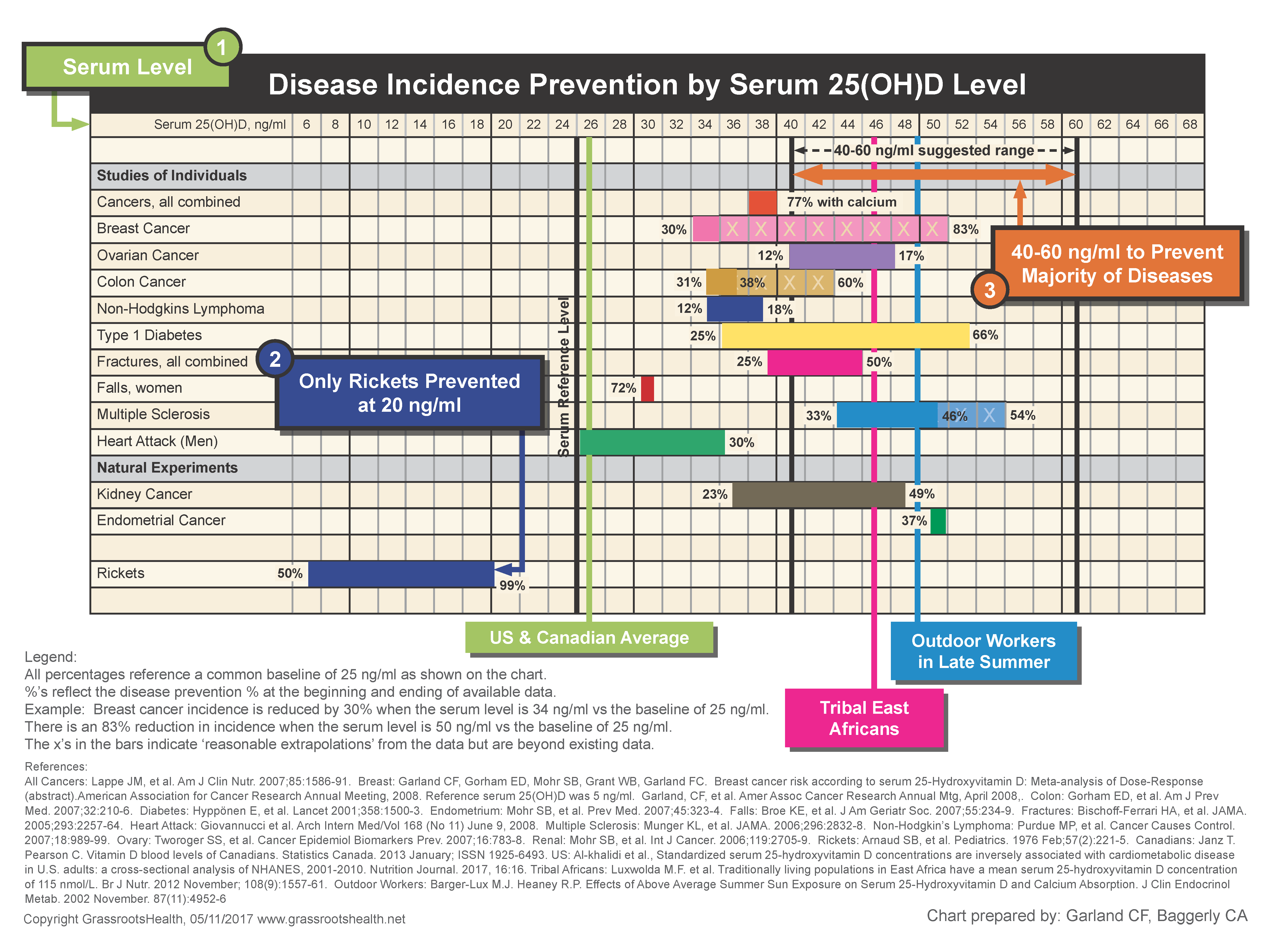arewenearlythereyet
Senior Member (Voting Rights)
UK Study showing a link between low vitamin D status and IBS symptom severity. Written by Dr Bernard Corfe Oncology lecturer at University of Sheffield.
This piqued my interest. Its calling for more RCT information but suggests that vitamin D status needs to be tested alongside all patients with IBS since there appears to be a connection. He also suggests that supplementation may help reduce symptom severity.
https://www.nutraingredients.com/Ar...ight&utm_medium=OnSite&utm_campaign=copyright
Abstract for the paper here:
Vitamin D status in irritable bowel syndrome and the impact of supplementation on symptoms: what do we know and what do we need to know?
https://www.nature.com/articles/s41430-017-0064-z
This piqued my interest. Its calling for more RCT information but suggests that vitamin D status needs to be tested alongside all patients with IBS since there appears to be a connection. He also suggests that supplementation may help reduce symptom severity.
https://www.nutraingredients.com/Ar...ight&utm_medium=OnSite&utm_campaign=copyright
Abstract for the paper here:
Vitamin D status in irritable bowel syndrome and the impact of supplementation on symptoms: what do we know and what do we need to know?
https://www.nature.com/articles/s41430-017-0064-z

